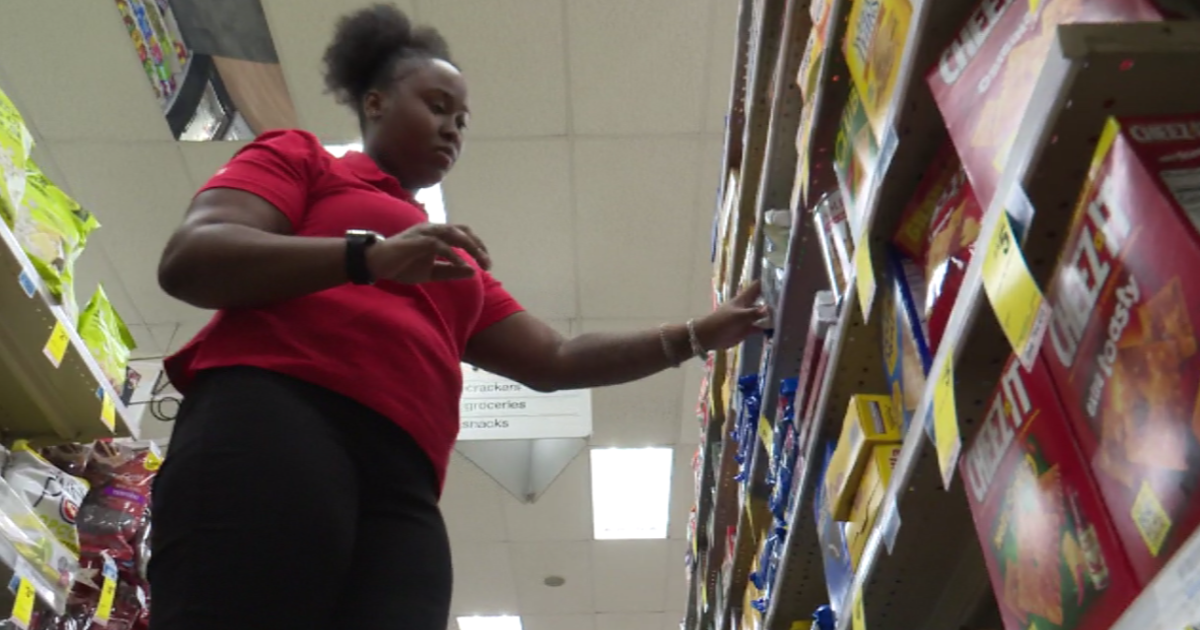Colorectal Cancer Striking Younger People
(CBS) -- It's a medical mystery: Doctors say shocking new numbers of Millennials and Gen Xers are being diagnosed with colon cancer.
Now, they're sounding the alarm, and families that have been devastated by the disease are speaking with CBS 2's Erin Kennedy.
"I was 30 at the time, he was 31. We had a 10-month-old and a 3-year-old," Catherine Gainey says.
This is when she and her husband, Jim, found out he had Stage 4 colon cancer. Despite a family history, the diagnosis took months because he was so young.
"He returned to the doctor and was told, 'Oh, you have a labor intensive job at times, and you have a new baby at home," Catherine recalls.
A new study found someone born in 1990 has double the risk of colon cancer and quadruple the risk of rectal cancer as someone born in 1950. Scientists have not pinpointed a cause, but prime suspects include inactivity, obesity and poor diet.
Dr. Kevin Dawravoo, a hematologist-oncoloist with Northwestern Medicine, says these figures are alarming. Making matters potentially worse, he says, is there are no guidelines to screen younger people even though their cancer rates are rising.
Generally, screening for colorectal cancers begins at 50.
Jim's sister, Bridget Gainey Moylan, started getting colonoscopies at 36, after his diagnosis.
She's had several precancerous polyps removed.
"My brother saved my life. They were able to take them out, and I thank god for him," she says.
Dr. Dawravoo has been treating more younger patients, including Jamie Aten. At 35, with three young daughters, Jamie's colorectal cancer diagnosis came more than a year after symptoms began.
"You're only 35, so I think you just need to have more fiber in your diet," he recalls doctors saying to him.
Often, doctors dismiss symptoms like fatigue, weight loss, changes in bowel habits as the result of everyday stress.
"I'm concerned that others may not take their symptoms as seriously in the same way that I don't think I took mine as seriously as I should have," Jamie says.
After surgery, chemo and radiation, he is almost three years in remission.
Catherine Gainey renewed her vows with Jim the week before he passed away.
"I'm really glad our boys got to witness that. I hope it is a reminder to them that their parents never stopped loving each other," he says.
Letters he left behind bring her comfort. Catherine reads from one of them: "I got sick and no one fought harder or did more to keep me alive than you."
Now, she's keeping his memory alive so other young people will recognize this new risk.
"If we couldn't change our story, we'd rather try to reach out and maybe change it for somebody else," she says.
Right now, screening is recommended for adults over age 50 and for younger adults with certain genetic syndromes, disorders or family histories. If you're under 50, insurance may or may not cover the test.
Still, no health group recommends average-risk young adults get screened.
For more information about colorectal cancer, click here.



